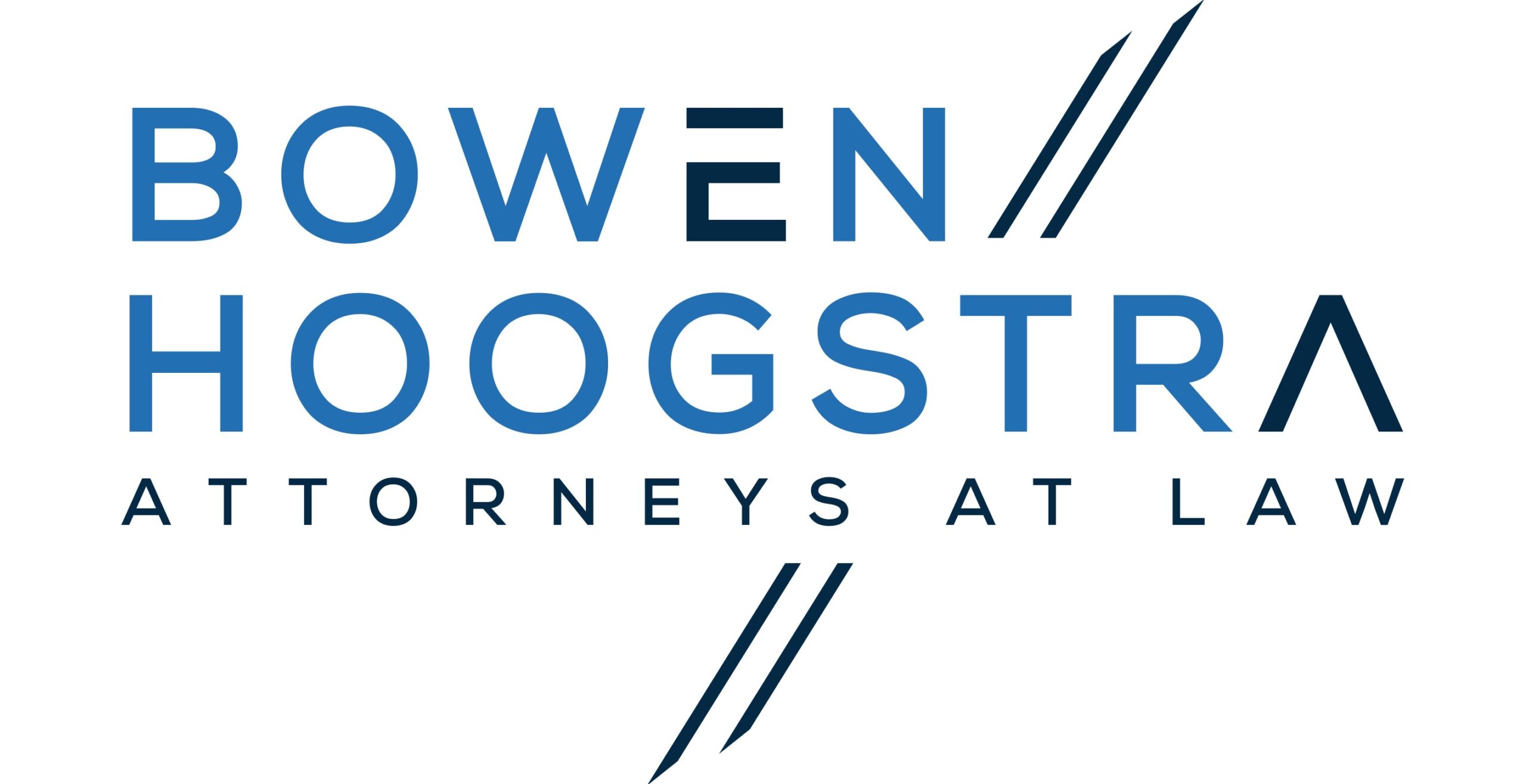Have you ever wondered why buying or selling property involves signing so many documents? It’s not just bureaucracy at work. The Michigan Statute of Frauds plays a crucial role in real estate transactions, designed to safeguard the interests of both buyers and sellers.
- What the Michigan Statute of Frauds Covers in Real Estate
- Common Pitfalls in Real Estate Transactions: Oral Agreements and Partial Performance
- How Michigan Courts Interpret and Enforce the Statute of Frauds
- Protect Your Real Estate Transactions—Consult with Our Michigan Attorneys
This law aims to prevent fraudulent claims and provide clarity by mandating that certain agreements be in writing. This documentation requirement helps minimize misunderstandings, reduce the risk of legal disputes, ensures transparency, and fosters a secure foundation for the transaction.
What the Michigan Statute of Frauds Covers in Real Estate
Let’s explore this statute (566.108 Statute of Frauds) more thoroughly. In Michigan, any agreement for the sale of land, leases lasting more than one year, and mortgages must be in writing to be legally enforceable.
This means a written contract is required when buying a house, leasing a commercial space for two years, or taking out a mortgage.
The written agreement must include several essential elements:
- Identification of Parties: The agreement should clearly state who is involved in the transaction—the buyer, the seller, landlords, tenants, or lenders.
- Property Description: It is crucial to provide a detailed description of the property, including its address, boundaries, and any unique features that distinguish it.
- Terms and Conditions: The contract should outline the price, payment terms, duration of the lease, interest rates on mortgages, and any other relevant terms.
- Signatures: All parties involved must sign the document. Without signatures, the contract may not be legally binding.

Ensuring these elements are included makes the contract a solid legal document that can be upheld in court if necessary.
Common Pitfalls in Real Estate Transactions: Oral Agreements and Partial Performance
Despite the legal requirements, some individuals still rely on oral agreements or informal arrangements. While this approach might seem convenient initially, it can create significant problems later on. For instance, if you and a seller verbally agree on the sale of a piece of land without a written contract, enforcing the agreement becomes challenging. It’s a risk that could lead to disputes and potential litigation.
There’s an exception known as partial performance. This means if one party has already started fulfilling their part of the deal—like paying a portion of the purchase price or making improvements to the property—the court might enforce the oral agreement. However, this is not guaranteed and can become a complicated legal battle.
Misunderstandings about the Michigan Statute of Frauds often lead to disputes or litigation. Imagine thinking you have secured a property because of a verbal promise, only to find out the seller has accepted a better offer from someone else. Without a written contract, your options for recourse are limited. You risk losing the property, your investment, and potentially enduring costly legal battles to recover your losses.
How Michigan Courts Interpret and Enforce the Statute of Frauds
Michigan courts have consistently upheld the importance of the Statute of Frauds. They look for clear, written evidence of agreements to determine their validity. In past cases, courts have invalidated contracts that lacked necessary details or proper signatures.
For instance, a court may rule it unenforceable if a contract doesn’t adequately describe the property, such as its exact dimensions and features, or is missing a party’s signature. This strict interpretation underscores the importance of having a comprehensive, legally sound written agreement. It’s not just about following the law but protecting your interests and ensuring the deal proceeds smoothly.
Protect Your Real Estate Transactions—Consult with Our Michigan Attorneys
Given the complexities of real estate law and the potential pitfalls, it’s wise to seek professional guidance. As a seasoned Muskegon real estate lawyer, we’re here to help you navigate these challenges.
We can assist in drafting contracts that comply with the Michigan Statute of Frauds, review agreements to ensure they’re airtight, and provide advice tailored to your situation. With the proper legal counsel, you can proceed confidently, knowing that your transaction is legally sound and your investment is protected.
By consulting with an experienced attorney at Bowen Hoogstra Law, you can avoid common mistakes that lead to disputes. You’ll have peace of mind knowing that your transaction is legally sound and your investment is protected. Don’t let legal technicalities jeopardize your real estate goals. Reach out today at (231) 726-4484, and let’s make sure your next step is the right one.

